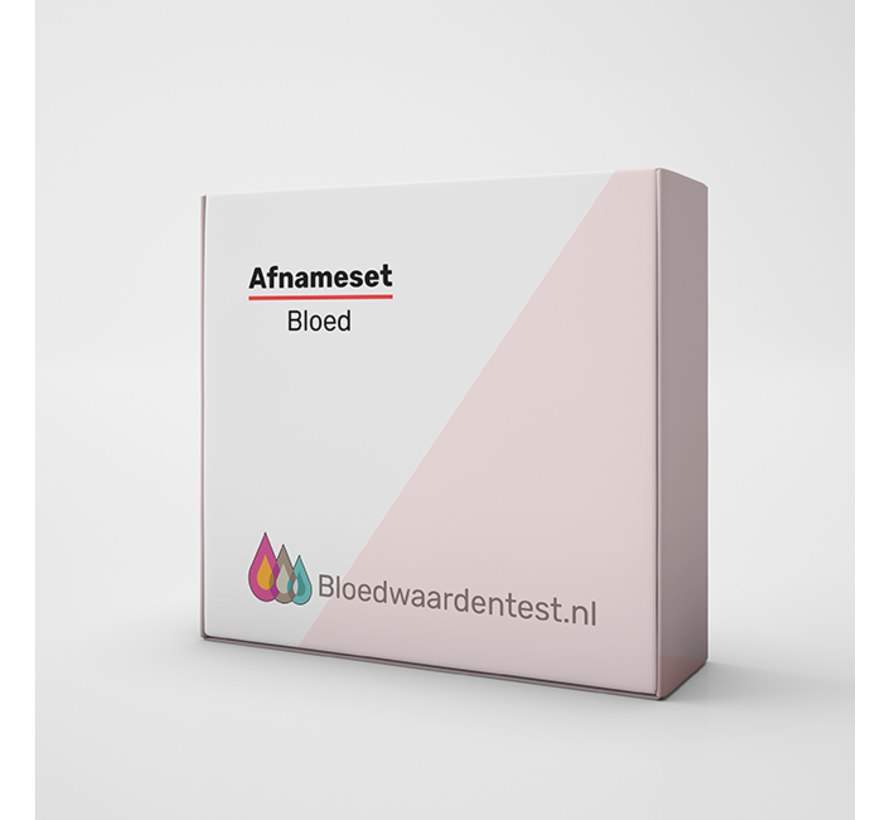CO-hemoglobin
Blood test Carboxyhemoglobin CO-Hb carbon monoxide hemoglobin (EDTA WITH SILVER PAPER on chart under toxicology)
Test for the assessment of exposure to carbon monoxide, poisoning.
the test is also used as a cell stress marker.
Carbon monoxide (CO) is highly toxic because it binds to ferrohemoglobin and ferromyoglobin, blocking oxygen transport. CO binds to hemoglobin in an almost identical way as oxygen, but the binding is 200 times stronger. Therefore, it is not easily displaced from hemoglobin by oxygen. This explains why even at low concentrations of CO, poisonings can occur [1].
In addition to external sources of CO (traffic, smoking, central heating boilers, gas stoves, geysers, fireplaces), CO is normally generated internally in small amounts during the breakdown of haem by the enzyme haem-oxigenases (HOs). Infections, inflammation, heavy metals, endotoxin and oxidative stress induce the haem-oxigenase-1 (HO-1) enzyme and increase internal CO production. Carboxyhemoglobin values greater than 1.5% in a non-smoker is a marker for cell stress (higher carboxyhemoglobin is therefore also seen in sepsis, pneumonia, asthma, COPD, COVID-19 infection and in hemolysis, among others) [2]. In addition to being a marker for air pollution and cell stress, carboxyhemoglobin can also be used as a therapeutic marker [3]. Induction of HO-1 and CO is generally seen as cell protective and anti-inflammatory in response to cell stress and HO-1 inducers may therefore be therapeutic [4].
The most common symptoms of carbon monoxide poisoning are:
- Flu-like symptoms, headache, sore throat, "stuffy" head.
- Shortness of breath, chest pain, palpitations.
- Nausea, vomiting.
- Sense delusion, confusion, hallucinations.
- Faintness, drowsiness, coma, death.
Symptoms due to chronic carbon monoxide poisoning or the aftermath of acute poisoning:
- Burnout, chronic fatigue, depression, psychosis.
- Irritability and sensory hypersensitivity, short fuse, aggression.
- Loss of concentration, memory loss, learning, behavior and speech problems.
- Incontinence, balance disorders, problems with sinuses and tonsils.
- Bizarre neurological symptoms, personality change, self-mutilation, suicidal tendencies.
- Asymmetrical face (pulling eye and mouth together on one side) and loss of teeth[5].
Reference values:
Non-smokers< 3% ges. Hb
Smokers < 10% ges. Hb
CO-Hb concentration and clinical symptoms:
- 0-10%: No significant complaints;
- 10-15%: Possible shortness of breath on exertion;
- 15-25%: Usually no effect at rest, shortness of breath on exertion, possibly dizziness, headache;
- 25-35%: headache, dizziness, vomiting, increased heart rate, irritability, impaired judgment, easy fatigue, visual disturbances;
- 35-45%: increased symptoms, additional confusion, paralysis, fainting on slight exertion;
- 45-55%: Severe impairment of consciousness to unconsciousness, increased respiration and pulse rate, collapses, possibly fatal;
- > 55%: respiratory paralysis, imminent lethal danger
Bronnen:
[1] Handboek klinisch-chemische tests. J.M. Pekelharing
[2]Yasuda H, Yamaya M, Ohrui T, Sasaki H. Increased blood carboxyhaemoglobin concentrations in inflammatory pulmonary diseases. Thorax 2002; 57: 779-83
[3] Kenneth K. Kwong, Suk-tak Chan. The role of carbon monoxide and heme oxygenase-1 in COVID-19. Toxicol Rep. 2020; 7: 1170–1171.
[4] Singh D, Wasan H, Reeta KH. Heme oxygenase-1 modulation: A potential therapeutic target for COVID-19 and associated complications. Free Radic Biol Med. 2020 Dec; 161: 263–271
[5] https://www.medischcontact.nl/nieuws/laatste-nieuws/artikel/chronische-co-vergiftiging-is-onderschat-gevaar.htm





